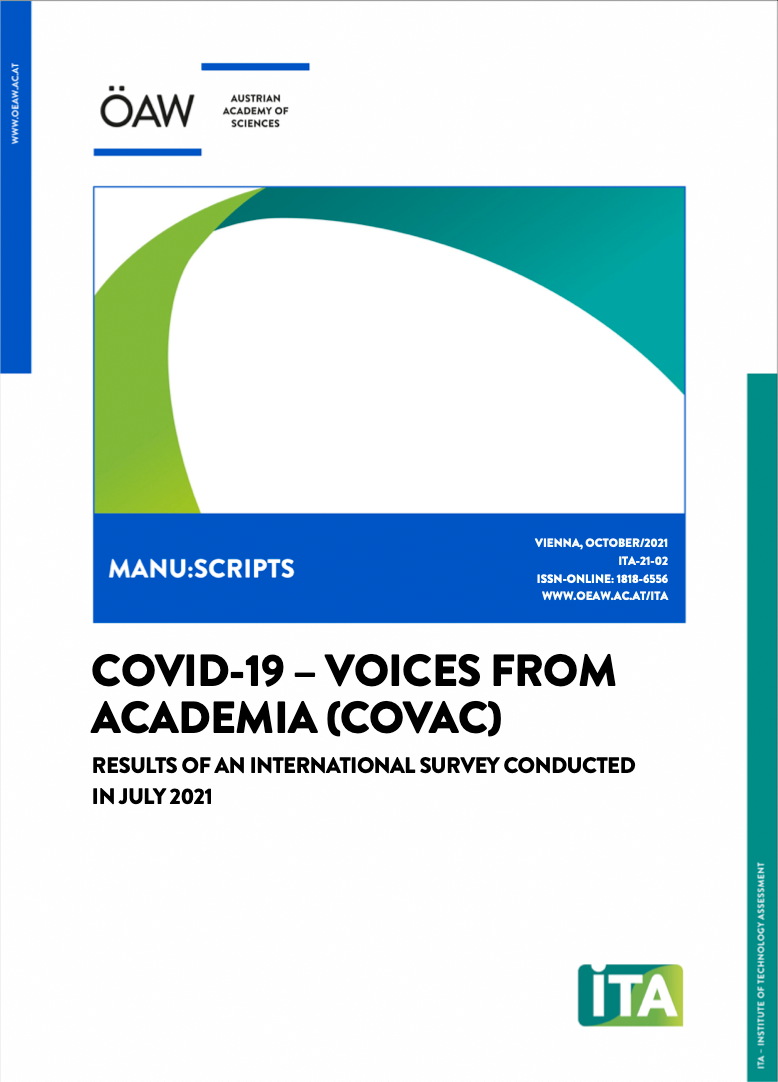
ITA manu:scripts, pp. , 2011/07/15

With the diffusion of the World Wide Web expectations were raised that electronic tools may stimulate citizens’ participation in political decision-making. Across Europe many e-participation projects have been funded over the last years but seldom have attempts been made to assess the effects. An OECD report on Evaluating Public Participation in Policy Making concluded that there is an “evaluation gap” and still empirical results differ widely (OECD 2005). A key question for an evaluation of democracy effects is: To what extent does e-participation strengthen civic engagement and democratic governance? Or more specific, under which conditions and in which forms can online political participation be conducive to normative democratic goals?
Starting from a conceptual foundation of online political participation, this paper develops a systematic overview of different levels of engagement (e.g., information, consultation, participation) and categories of e-participation (e.g., e-petitioning, e-consultation, e-deliberation, e-polling, e-voting). After an outline of common hypotheses in research on the democratic impacts of e-participation, it provides a focused literature review of respective empirical results. By disclosing how the diverse approaches and criteria guiding this research lead to inconclusive findings, the paper shows the gaps and open questions to be worked on in further studies. In order to arrive at a more encompassing assessment of the democracy effects of e-participation, the final chapter suggests future research directions and refers to some fruitful starting points.
Keywords: Civic_participation democracy e-participation evaluation impact_assessment